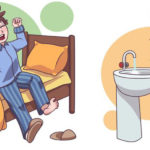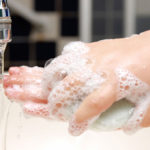The Dangers of Over-Brushing Your Teeth
Out of fear of cavities and bad breath, many people brush their teeth immediately after eating, sometimes up to 5-6 times a day. However, over-brushing can cause harm to your oral health.
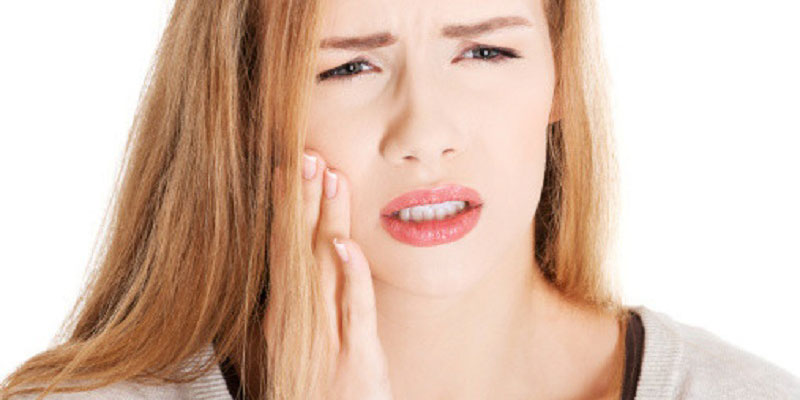
Despite their diligent brushing, many people still experience bad breath, swollen and bleeding gums, and even tooth sensitivity. This is because the fluoride in toothpaste can wear down tooth enamel, making teeth more sensitive to pain and temperature changes. With the protective enamel layer weakened, teeth are also more prone to discoloration and staining from food and drinks.

Aggressive and frequent brushing can also injure and irritate the gums, making them more susceptible to bacterial infections and inflammation.
Reference: 6 effective methods to quickly relieve pain
Proper Brushing Technique
According to dental experts, you should brush your teeth only 2-3 times a day. This includes brushing in the morning after waking up, after meals, and before going to bed. Do not exceed 3 times a day.
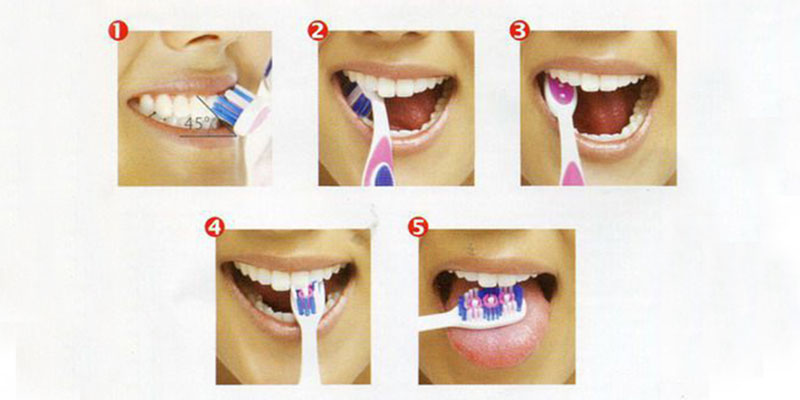
Brushing your teeth is a simple task, but many people do not do it correctly. The proper way to brush your teeth is to first rinse your mouth with water. Then, use dental floss to remove any food particles and plaque between your teeth. Next, apply a pea-sized amount of toothpaste to your brush and gently brush your teeth using vertical strokes. Clean your tongue by brushing it from the inside out. Spend about 2-3 minutes brushing, and finally, rinse your mouth thoroughly with water.
Additional Oral Care Tips
If brushing 2-3 times a day doesn’t give you peace of mind, you can use mouthwash to help remove food debris and plaque. Additionally, avoid brushing your teeth immediately after eating. The acid in food can soften your tooth enamel, and brushing too soon can damage it, leading to tooth sensitivity and pain. Wait at least 30 minutes after eating before brushing.
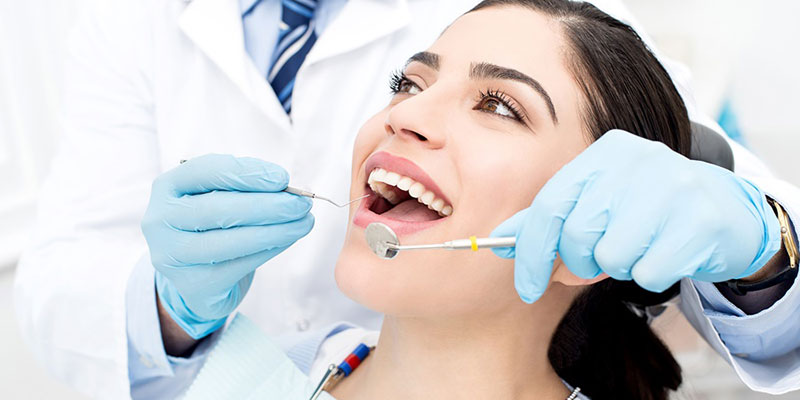
Use toothbrushes with soft bristles to avoid injuring your gums and the inside of your mouth. Replace your toothbrush at least every 3 months to prevent bacterial buildup. In addition to daily oral care, visit your dentist for regular check-ups every 4-6 months to ensure early detection and treatment of any dental issues.
Can Activated Charcoal Toothpaste Improve Teeth Whitening and Protection?
The proclaimed whitening benefits of activated charcoal toothpaste are widely coveted, yet its usage may also be accompanied by harmful consequences. Tooth enamel can be eroded, potentially leading to tooth decay, as a result of components in the toothpaste which can go overlooked.



























